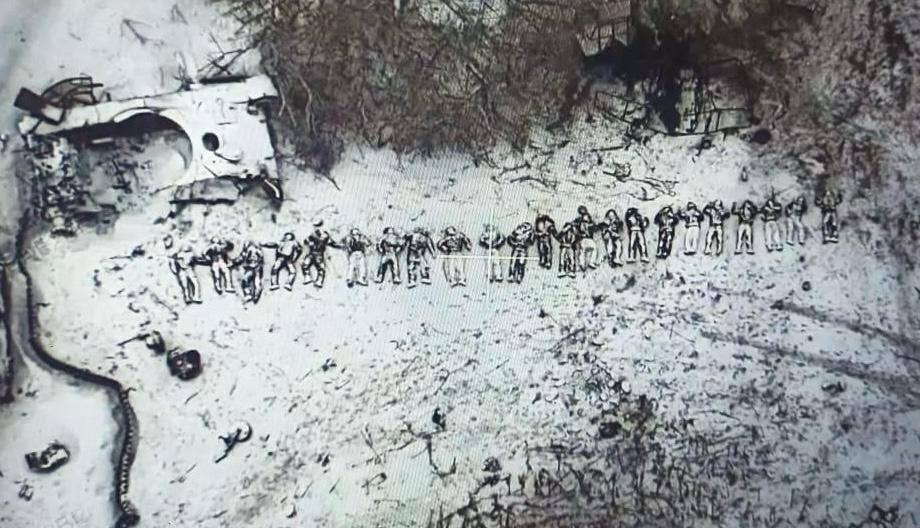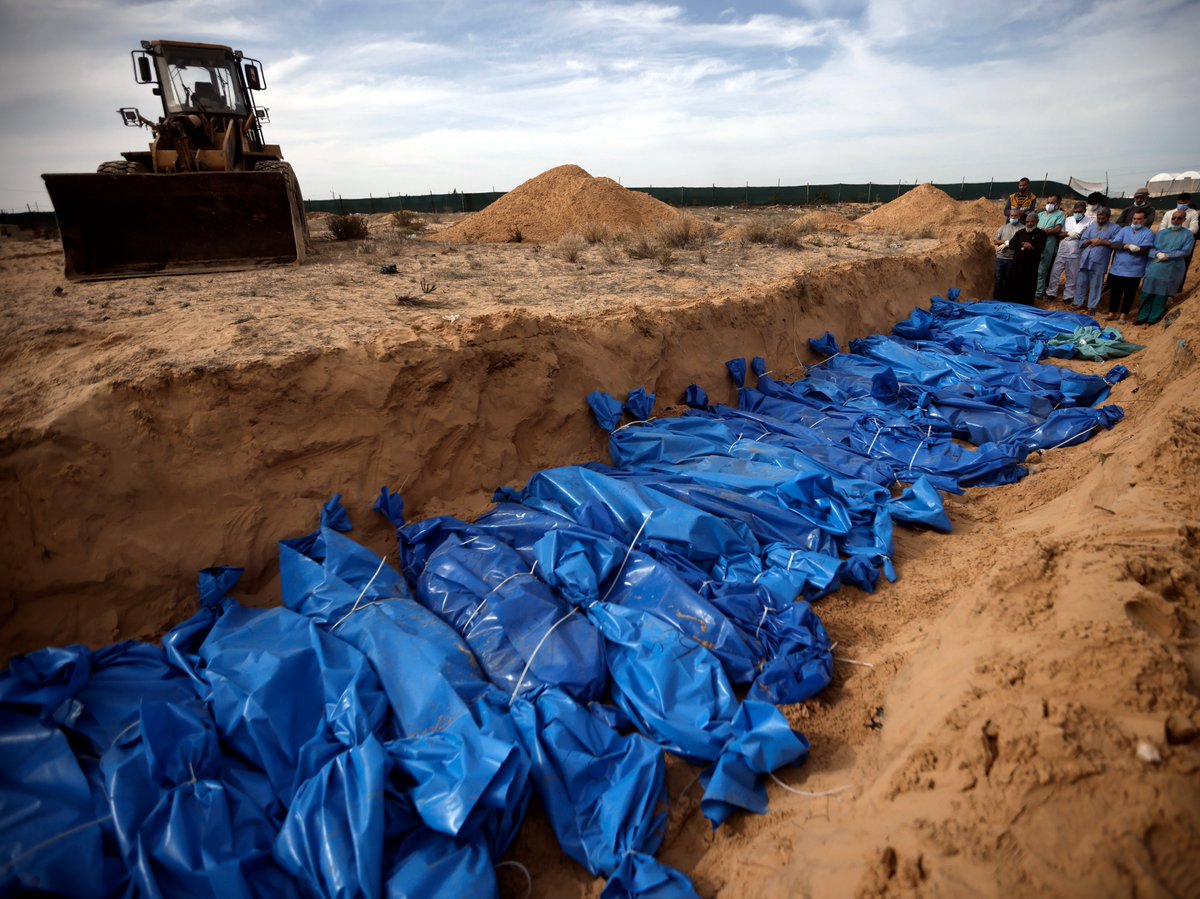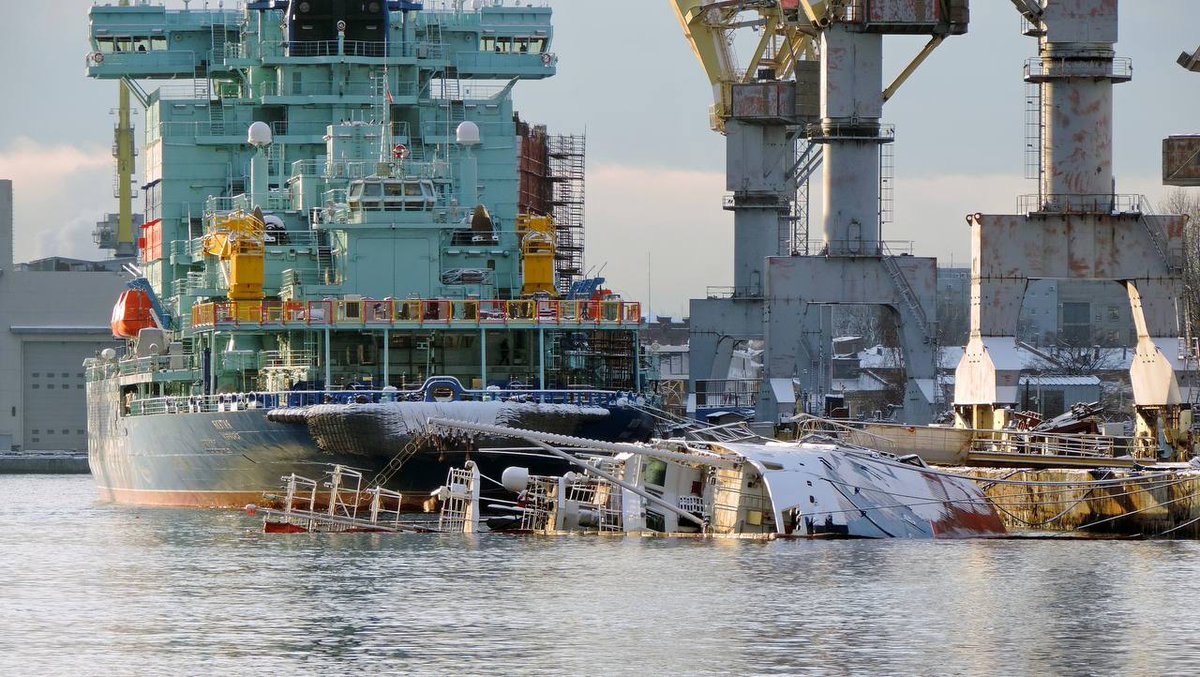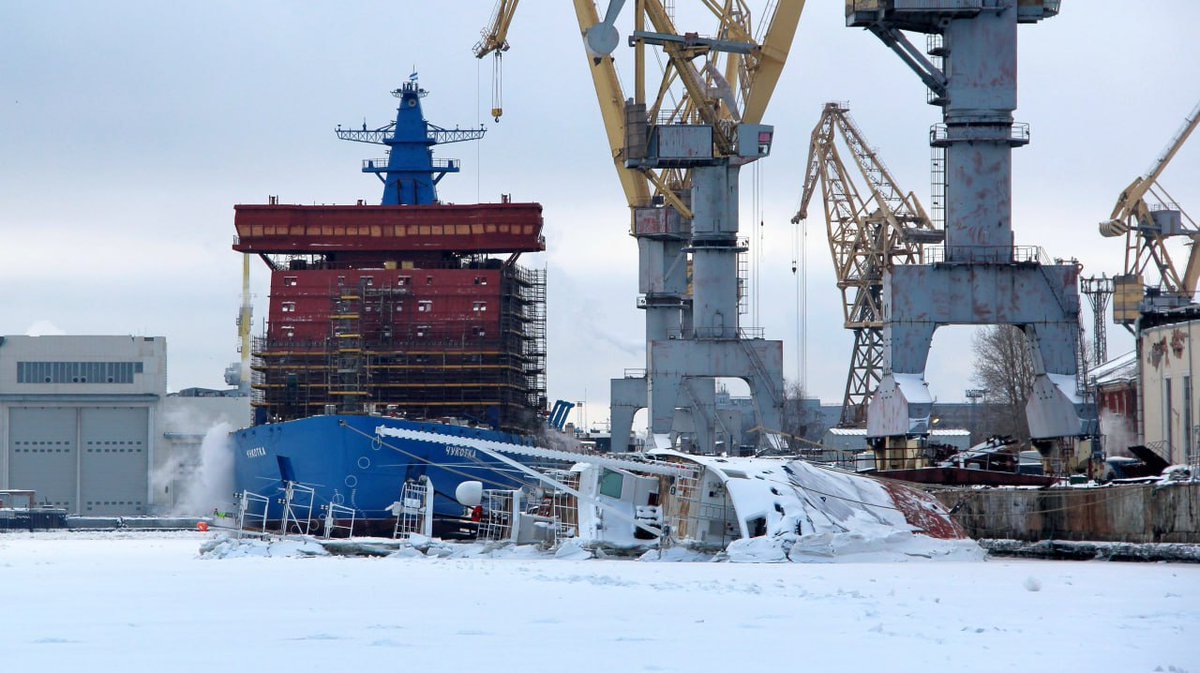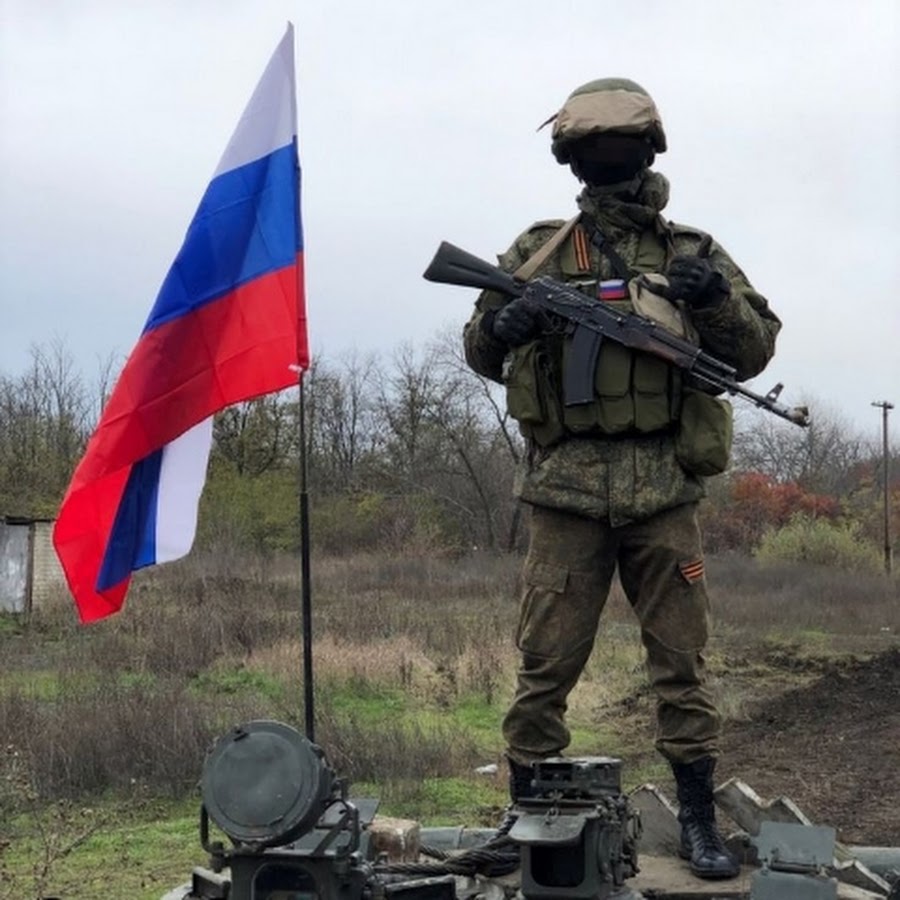1/ Former Wagner mercenaries, their families, and ex-members of other Russian mercenary and volunteer units are reportedly being left "on the brink of poverty" without employment, assistance or prosthetics, despite Russia creating a fund to help ex-soldiers. ⬇️ 
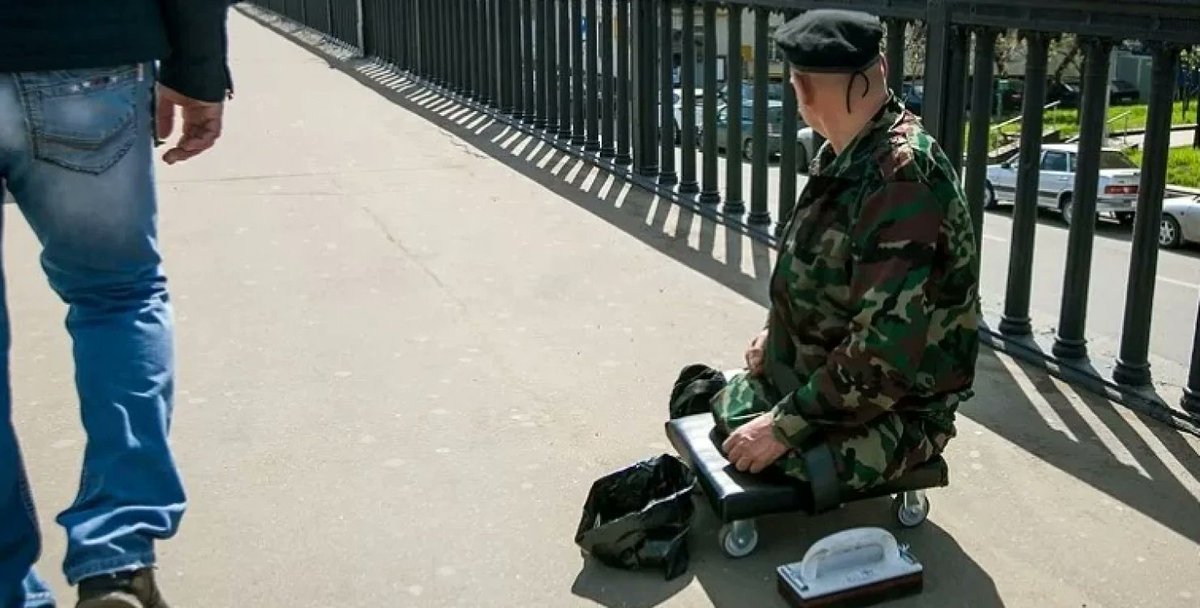
2/ According to the pro-Kremlin Russian blogger Anastasia Kashevarova, the new Russian Defence Minister, Andrey Belousov, has said that ex-Wagner fighters are now being issued with the Veteran of Combat Operations Certificate (UVBD). This entitles them to state benefits. 

3/ Former Wagnerites have been complaining for a long time that the Russian MOD was not issuing them with UVBDs, despite qualifying for them. However, as Kashevarova notes, being given a UVBD "is not a guarantee of rehabilitation, prosthetics and employment".
4/ She comments: "Many guys found themselves on the brink of poverty. They are amputees, they have no work, they have no payments, since the company [Wagner] no longer exists." Many ex-Wagnerites have had difficulty finding new jobs.
https://x.com/ChrisO_wiki/status/1702588478020837675
5/ In April 2023, Vladimir Putin established the Defenders of the Fatherland State Fund (FZO) to help ex-soldiers. However, Kashevarova says, "Despite the statements of the FZO, there is no help from them yet. In fact, the FZO with a colossal budget issues only crusts."
6/ The situation is worse for other groups. The families of dead Wagnerites are still not receiving posthumous UVBD certificates, which would provide a degree of compensation for their loss. Ex-members of other mercenary and volunteer units are also being denied help.
7/ Despite being full members of the Russian army, members of Storm V and Z assault units face the same situation. Kashevarova says they get "minimal payments and no insurance [for injuries or death]". 

8/ Why, she asks, does the Defenders of the Fatherland Fund have "a huge staff, why a large number of premises, why purchase equipment and other things," if it is only for "luxury and posturing" and not for "real help"? /end
Source:
t.me/akashevarova/7…
Source:
t.me/akashevarova/7…
• • •
Missing some Tweet in this thread? You can try to
force a refresh


